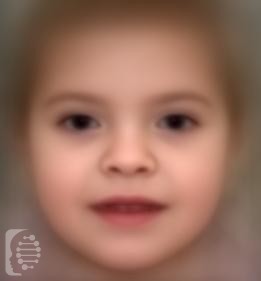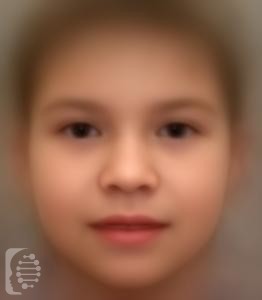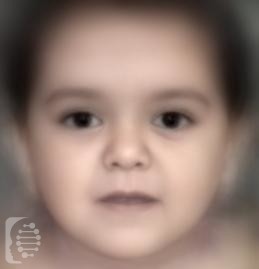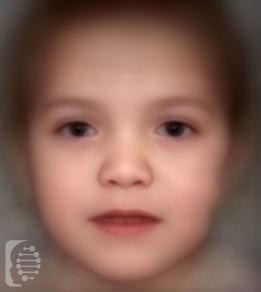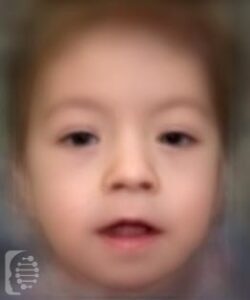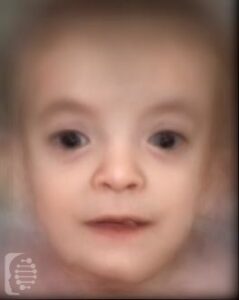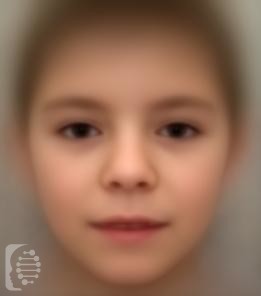
KBG syndrome (KBGS)
KBG syndrome is a very rare genetic disorder. It is named from the initials of the first families diagnosed with the syndrome. As a congenital malformation syndrome, distinctive facial features, facial dysmorphism, skeletal abnormalities, and intellectual disability are common symptoms of this rare disease. Very often individuals with the syndrome are also diagnosed with autism […]




